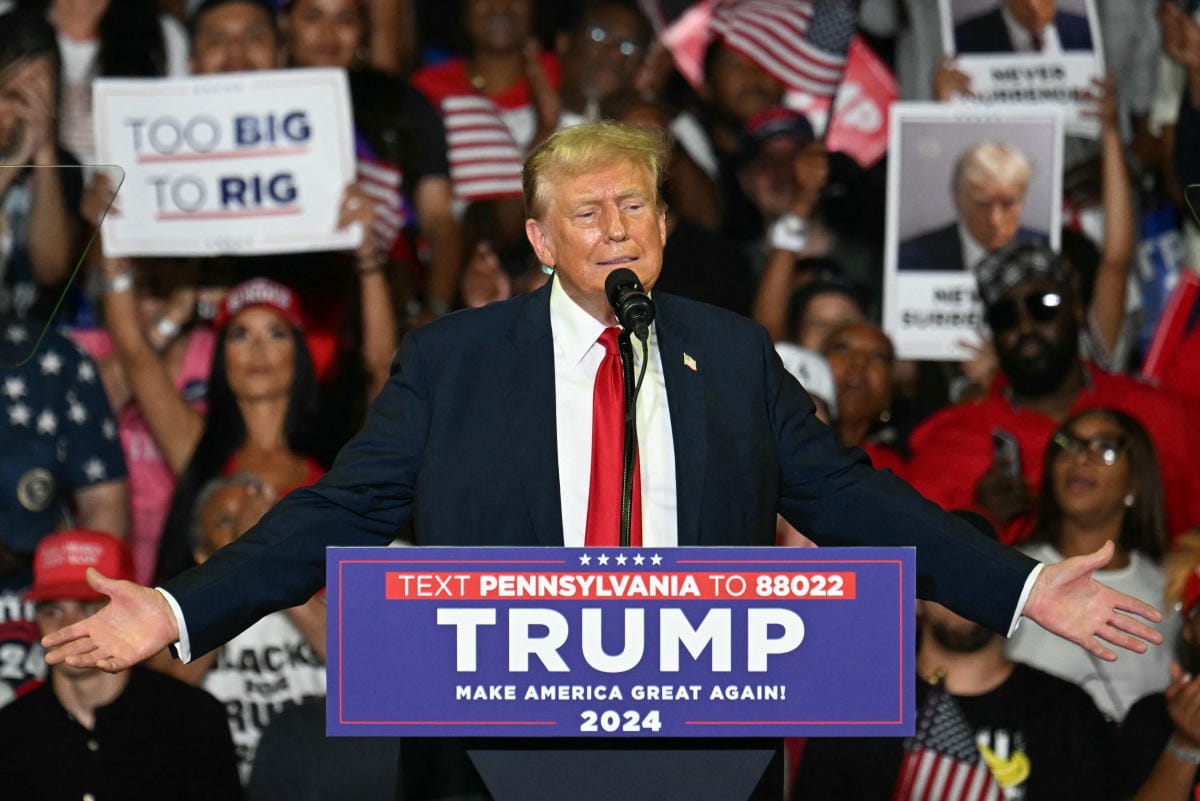The ongoing debate over the federal corporate tax rate has become a focal point for Republicans as they prepare for a potential sweep in the upcoming elections. While united in their support for Donald Trump as their nominee, the party remains divided on whether to lower the corporate tax rate further or accept an increase.
A Wide-Ranging Debate
Some Republicans are advocating for a corporate tax rate as low as 15%, while others are open to an increase up to 25%. Donald Trump has proposed a middle-ground rate of 20%, adding fuel to the intra-party debate. This discussion has gained urgency as the GOP eyes a strong performance in November, buoyed by Joe Biden’s recent debate struggles.
The party’s upcoming convention will likely see the tax issue take center stage, with leaders and donors weighing in on whether to prioritize lower corporate rates over other concerns. Richard Stern of the Heritage Foundation argues that a lower rate would yield economic benefits that outweigh potential impacts on national debt. However, he acknowledges that selling this idea to voters remains a challenge.
On the other side, populist-minded Republicans like Rep. Chip Roy express concerns about appearing to favor corporate America. Roy has indicated a willingness to support a rate increase to 25% if it funds other priorities, a sentiment echoed by House Ways and Means Committee chair Rep. Jason Smith. This stance opens the door for potential alliances with Democrats, who are more unified in their push to raise the rate to 28% under Biden’s leadership.
Input from the Business World
The business community is also weighing in on this debate. The Business Roundtable, an association of top executives, plans to spend over $10 million advocating for tax reforms that maintain the current 21% rate. Procter & Gamble CEO Jon Moeller emphasized that any increase would place the U.S. near the top of global corporate tax rates, potentially harming competitiveness.
In parallel, discussions will also focus on business tax provisions set to expire in 2025. These include incentives for research and development and interest payments, many of which were enacted in 2017. New credits are expected to be part of next year’s tax talks if not addressed sooner.
Stern from the Heritage Foundation also highlighted broader GOP concerns about corporate America’s embrace of social causes. He suggested that the tax code could be used to enforce a focus on fiduciary duties over environmental, social, and governance (ESG) issues. This viewpoint finds resonance across the party, with figures like Rep. Roy criticizing what they term “woke capitalism.”
As the debate unfolds, the outcome will significantly shape the corporate tax landscape, influenced by election results and input from both political and business leaders.






